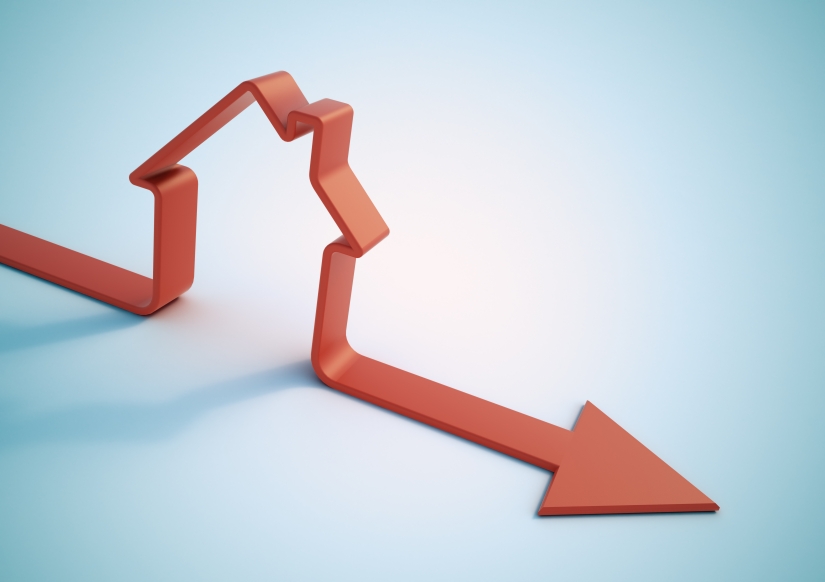Household Bills
House prices see largest annual fall for 14 years

Average UK house prices fell 3.1% in March to £257,122, the steepest annual drop recorded since July 2009.
The Nationwide house price index showed that this was compared to a 1.1% decline in February. Prices are also 4.6% down on the August peak of £273,751, when prices rose 10% year on year.
On a monthly basis, UK house prices fell by 0.8%, making this the seventh consecutive monthly decline.
Robert Gardner, chief economist at Nationwide, said: “The housing market reached a turning point last year as a result of the financial market turbulence which followed the mini Budget. Since then, activity has remained subdued – the number of mortgages approved for house purchase remained weak at 43,500 cases in February, almost 40% below the level prevailing a year ago.”
He added: “It will be hard for the market to regain much momentum in the near term since consumer confidence remains weak and household budgets remain under pressure from high inflation. Housing affordability also remains stretched, where mortgage rates remain well above the lows prevailing at this point last year.”
Falling prices across most regions
According to Nationwide’s data, nine of the 13 regions recorded saw annual price declines in Q1.
Scotland was the weakest performing region in Q1, with a 3.3% drop in house prices to £172,676. This was compared to a 3.3% growth during the same period last year.
East Anglia reported the weakest Q1 performance in England, despite being the strongest in Q4 2022. Prices in East Anglia fell by 1.8% year on year to £272,207 and compared to a 6.6% increase in Q1 2022.
The West Midlands saw the highest average price increase in Q1 with a 1.4% rise to £236,476. This compared to a growth of 6.1% during the same period last year.
It was one of the only regions to see Q1 prices rise on an annual basis, along with Northern Ireland, South West and East Midlands.
London remains the most expensive region for house prices, with a 1.4% decline bringing average values to £511,293. The least expensive region is the North, where a 0.5 per cent fall brought prices to £152,308.
‘A slip becomes a slump’
The continuing drop-off in prices could pick up pace according to some experts, however, there are others that feel that the findings are more nuanced and that valuations will continue to be region-specific and dictated by demand.
Sarah Coles, head of personal finance at Hargreaves Lansdown, said: “The house price slip has become a slump, with the biggest annual price drop in 14 years. The pace of descent accelerated, and we’re already almost 5% below the peak in August. Unfortunately, the indications for the future aren’t looking terribly promising either.
“It’s easy to read these figures as the start of a slippery slope, where price drops start gradually and then accelerate. We can’t yet rule out the chances of a gradual drift south and a softer landing, but it’s looking increasingly unlikely.”
Myron Jobson, senior personal finance analyst, at interactive investor, was a little more sanguin about the survey’s results but noted that the real test for the proof of a slump would only really emerge during the spring house-buying season.
He said: “The latest Nationwide house price index offers the strongest indication yet that the wheels are coming off the runaway house prices in the face of rising costs.
“The housing market is off to a slow start this year, but the crucial spring buying season could give us a clear indication of the state of the property market. In spring, home prices tend to rise due to increased seasonal demand, but current indicators do not signal that the season will be a robust one.
“The low inventory of homes could keep prices elevated for longer than forecast, while affordability is likely to remain a challenge. Higher mortgage rates and the cost-of-living squeeze on budgets means buyers can’t afford as much house as they once could. The squeeze is especially acute for first-time buyers, who haven’t built up the equity that allows them to trade up to another home.
“While the consensus is that house prices will fall this year, it is a more nuanced picture. Property values may indeed fall in very stretched areas, and for other areas, prices may not change very much – if at all.